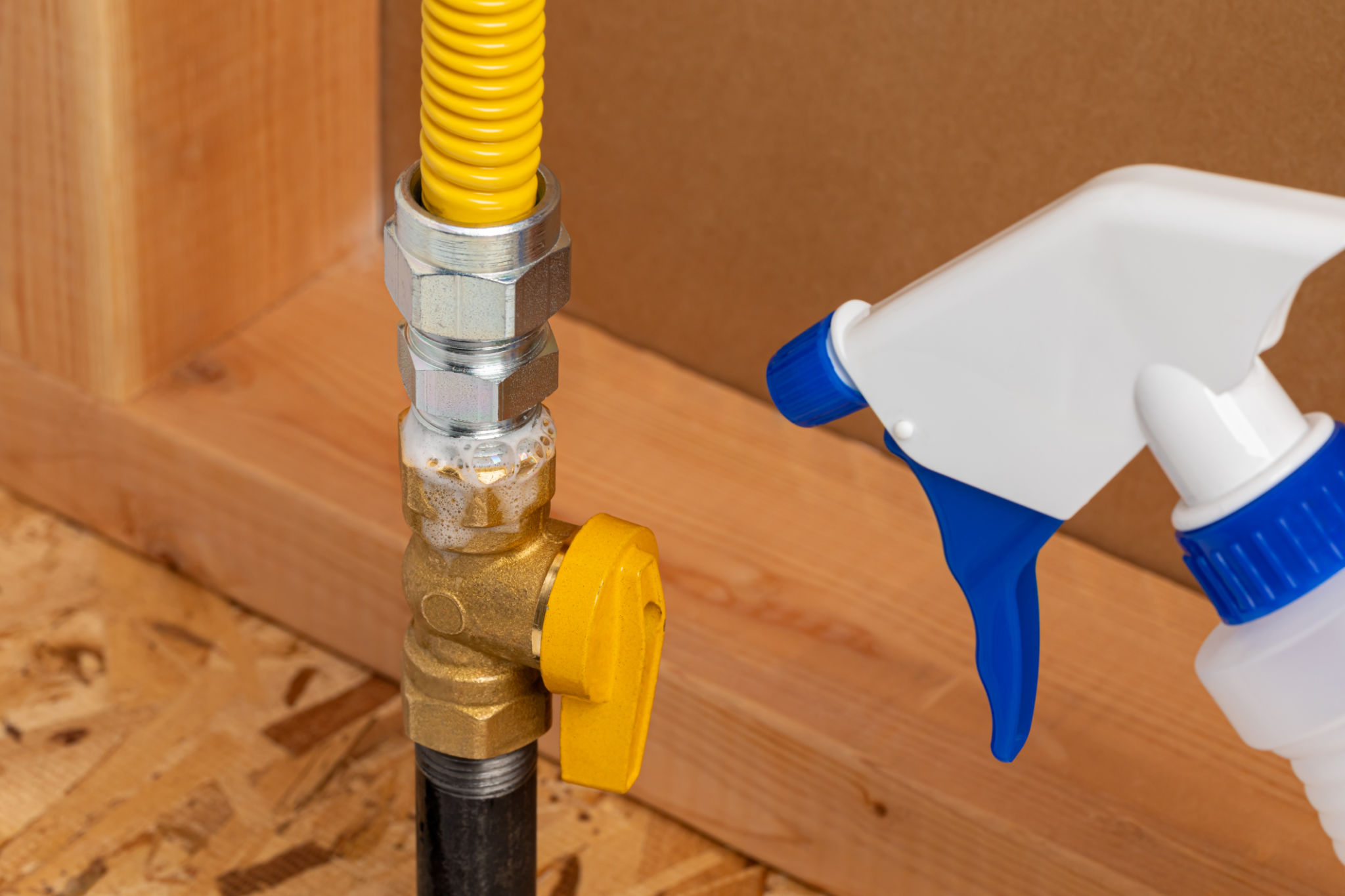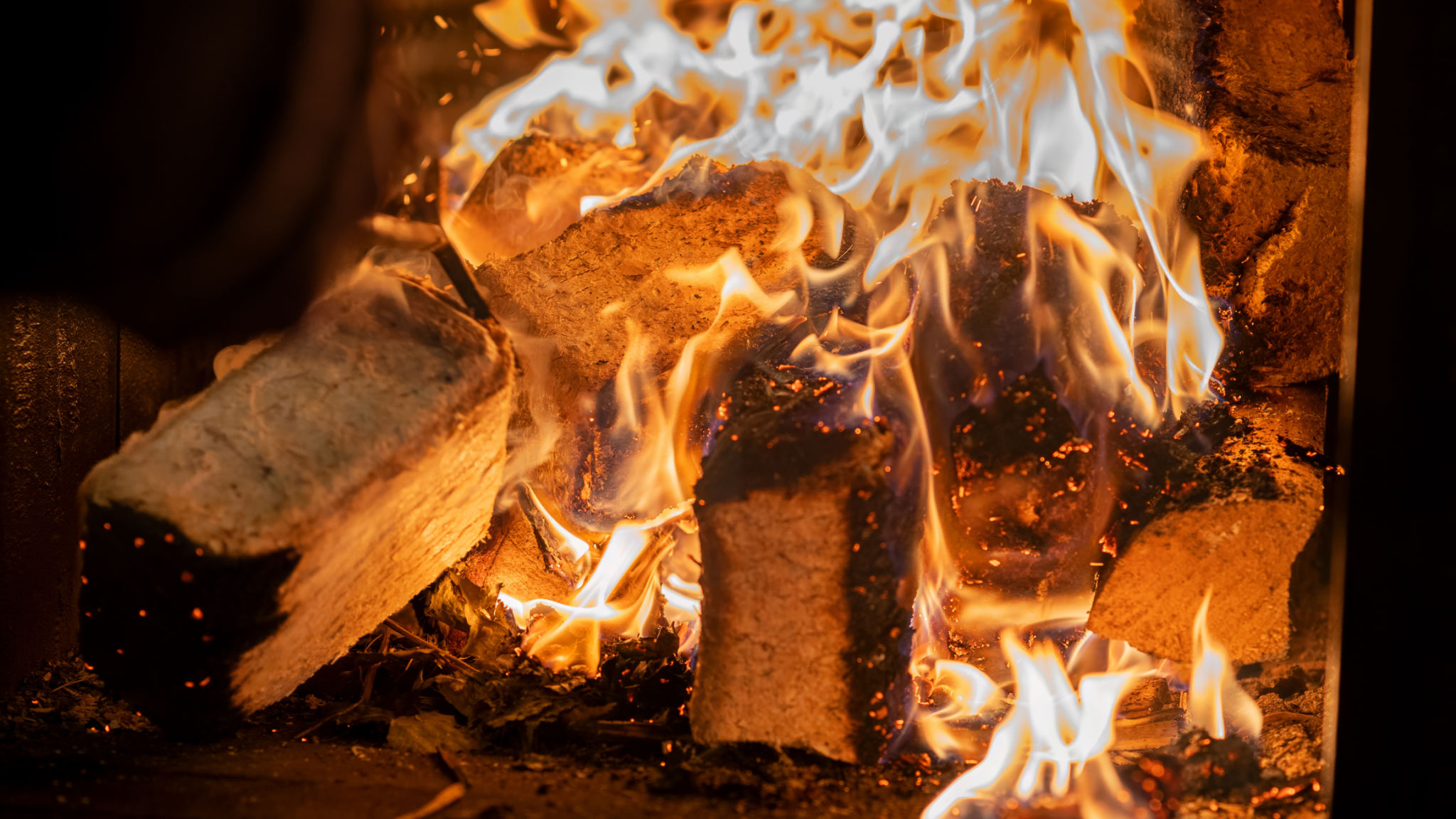Preparing Your Gas Fireplace for Winter: Charlotte Homeowner’s Guide
Inspecting Your Gas Fireplace
As the cooler months approach in Charlotte, it's essential to ensure your gas fireplace is in top condition. Start by conducting a thorough inspection. Look for any visible damage, cracks, or residue buildup on the glass doors and exterior components. A visual check can help identify potential issues that might require professional attention.
Next, examine the interior of the fireplace. Check the ceramic logs for wear and tear, and ensure they are properly arranged. It's crucial to maintain the correct positioning of logs to allow for optimal flame and heat distribution.

Cleaning Your Gas Fireplace
Keeping your gas fireplace clean is vital for both safety and efficiency. Begin by turning off the gas supply and allowing the fireplace to cool completely. Remove the ceramic logs carefully and set them aside on a soft surface to prevent damage.
Use a vacuum with a hose attachment to remove dust and debris from the interior. For stubborn soot or grime on the glass doors, a mixture of vinegar and water can be effective. Gently clean the glass with a soft cloth to avoid scratches.

Cleaning the Burner and Pilot Light
The burner and pilot light are critical components of your gas fireplace. Over time, they can accumulate dust and dirt, affecting performance. Use compressed air or a soft brush to clean these parts thoroughly. Ensure the pilot light is clear of obstructions for a reliable ignition.
Checking for Gas Leaks
Safety should always be a top priority when preparing your gas fireplace for winter. After cleaning, turn on the gas supply and use a gas leak detector or soapy water solution to check for leaks around connections and fittings. Bubbles forming in the soapy water indicate a leak that requires immediate attention.

Testing Functionality
Once everything is clean and inspected, it's time to test your fireplace. Light the pilot and turn on the main burner to ensure it ignites smoothly. Observe the flame; it should be blue with yellow tips, indicating proper combustion. An irregular flame may suggest an issue with the burner or gas supply.
Adjusting Flame Settings
Many gas fireplaces have adjustable flame settings to control heat output. Experiment with different settings to find the most comfortable warmth for your home. This not only enhances comfort but can also be more energy-efficient.
Scheduling Professional Maintenance
While many maintenance tasks can be done by homeowners, an annual professional inspection is highly recommended. Certified technicians can check for hidden issues, perform detailed cleanings, and ensure that all components are functioning correctly.
Scheduling a professional service before winter arrives ensures peace of mind, knowing your fireplace is safe and ready to provide warmth throughout the season.

Preparing for Emergency Situations
In addition to regular maintenance, consider preparing for emergencies. Install carbon monoxide detectors near your fireplace and throughout your home. Ensure they are functioning correctly and replace batteries as necessary. Having these detectors in place can provide an additional layer of safety for you and your family.